Trump says cold snap shows US could use a 'little global warming'
US President Donald Trump has said that the East Coast "could use a little bit of that good old Global Warming" as harsh cold temperatures are expected to freeze large areas of the country this holiday weekend.
"In the East, it could be the COLDEST New Year's Eve on record," Trump wrote on Twitter Thursday.
"Perhaps we could use a little bit of that good old Global Warming that our Country, but not other countries, was going to pay TRILLIONS OF DOLLARS to protect against. Bundle up!" he added.
While weather refers to the atmospheric conditions during a shorter period and climate is a longer view of weather patterns, the president did not acknowledge the difference between the two.
Trump has labeled climate change a "hoax," defying widening international support for the Paris Climate Agreement to cut greenhouse gas emissions.
He has argued that the concept of global warming has been “created by and for the Chinese in order to make US manufacturing non-competitive.”
Trump had vowed during the election campaign to cancel the Paris Agreement within 100 days of becoming president in order to bolster US oil and coal companies, which bankrolled his campaign.
Democrats and Republicans rail against Trump
The tweet sparked rebuked from several Democratic lawmakers, including Senator Elizabeth Warren, who tweeted that the US has a "moral obligation" to combat climate change.
Republican Congresswoman Pramila Jayapal also took a jab at Trump’s tweet, saying, “there were about three record high temperatures in the US for every record low temperature. Weather is not the same as climate. The president should be able to understand that. It isn't hard.”
The Paris Agreement entered into force on November 4, 2016 and has been signed by 197 countries, of which 135 have now formally ratified it, which represent more than 75 percent of global greenhouse gas emissions.
The climate deal seeks to halt average global warming at no more than 2 degrees Celsius (3.6 degrees Fahrenheit) above pre-industrial temperatures by 2050. It also sets out a goal of reaching a limit of 1.5 degrees Celsius, if possible.
The deal is to take effect in 2020.
Iran FM: EU’s blacklisting of IRGC a ‘major strategic mistake’
EU blacklists IRGC in legally flawed move irrespective of consequences
VIDEO | Press TV's news headlines
VIDEO | Afghanistan opens first specialized cancer hospital
Trump officials held secret talks with Canadian separatist group: Report
VIDEO | Pakistan’s legal community condemns UNHRC anti-Iran resolution
Resistance groups announce volunteer recruitment to defend Iran
Indians rally to condemn Trump's threats against Ayatollah Khamenei


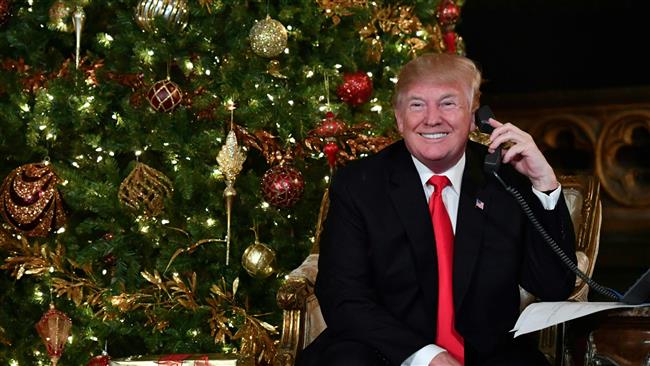

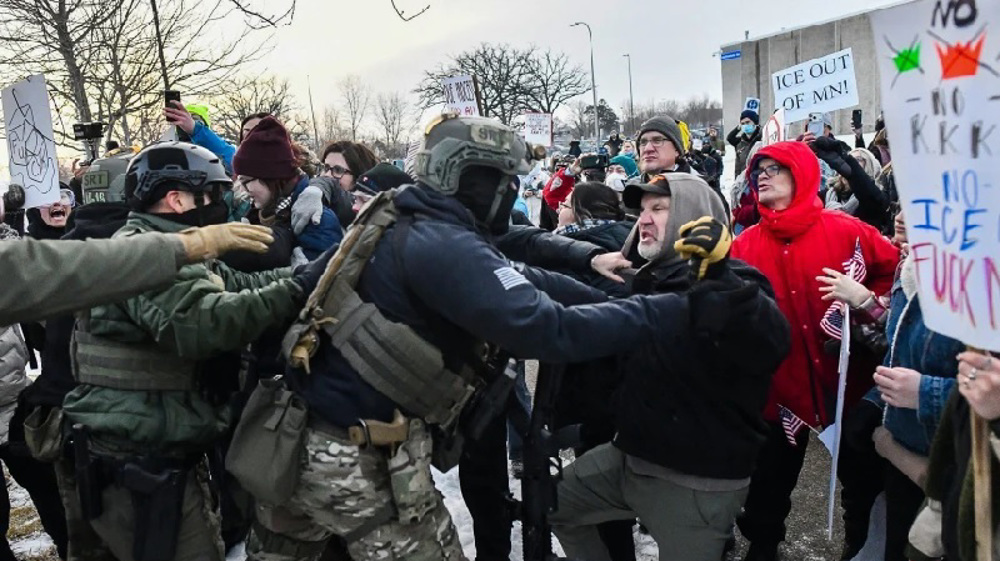
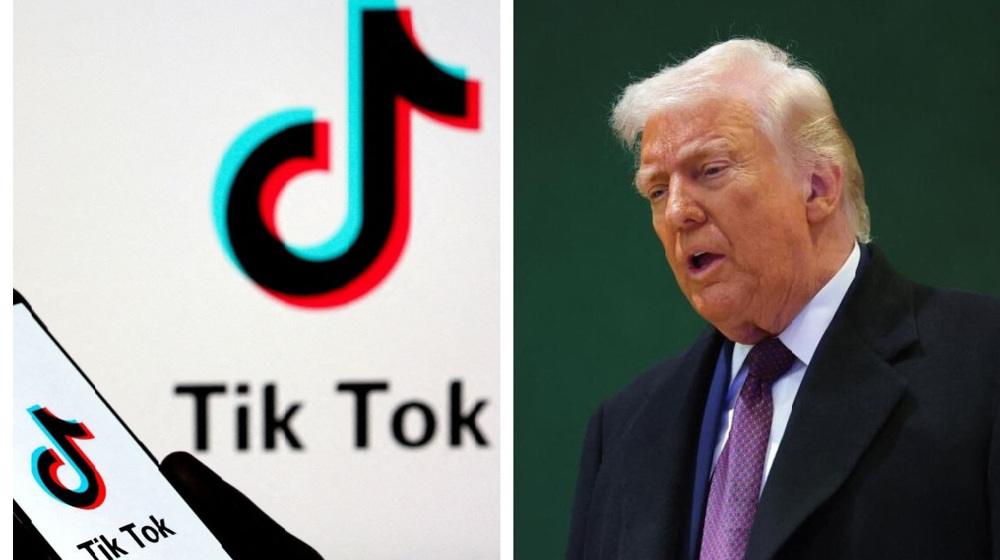
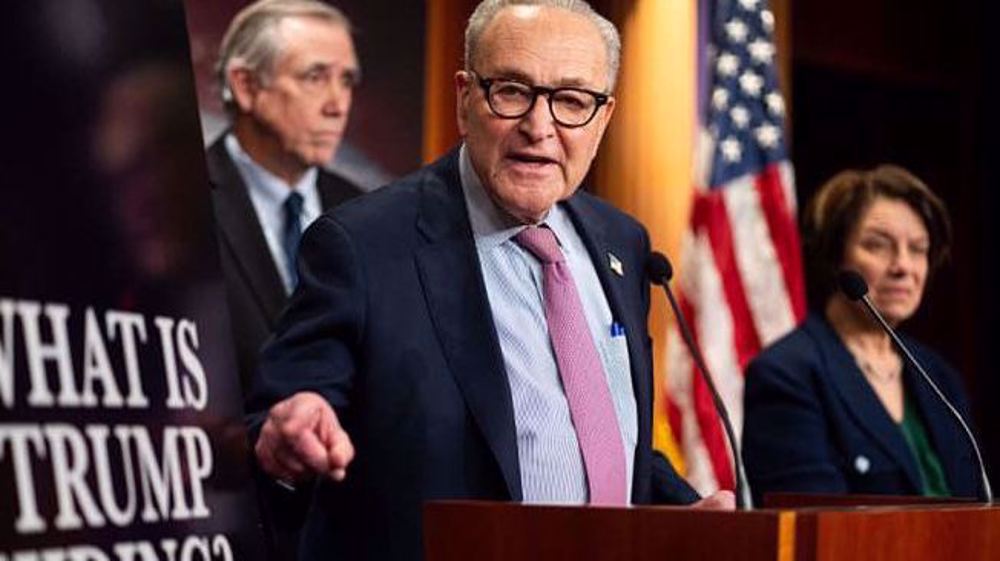




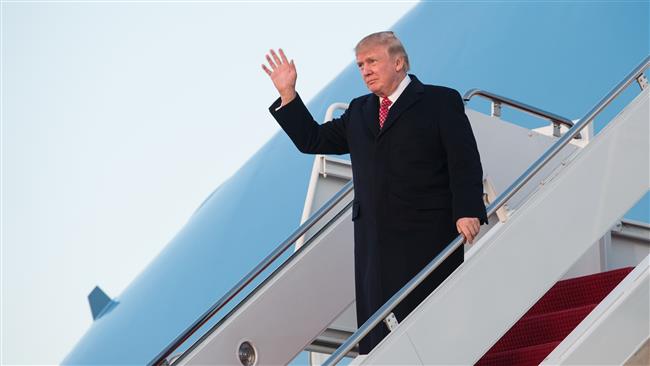


 This makes it easy to access the Press TV website
This makes it easy to access the Press TV website